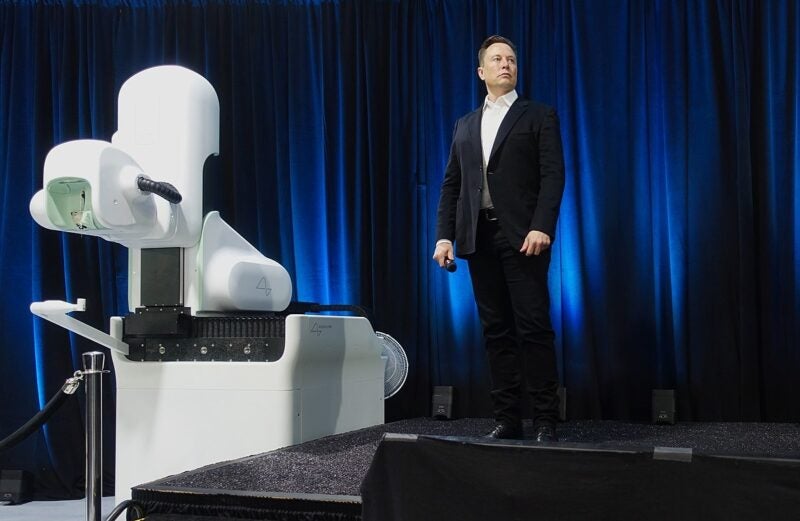
Neuralink, a brain-computer interface (BCI) company co-founded by Elon Musk, said that it has received the US Food and Drug Administration (FDA) approval to conduct its first-in-human (FIH) clinical trial of brain implants.
The company is engaged in the production of a brain implant called the Link. The device is intended to let patients with severe paralysis use neural signals to control external technologies.
The Link technology is designed to enable individuals with severe degenerative conditions such as amyotrophic lateral sclerosis (ALS) to communicate with their families by controlling cursors and typing using their thoughts, reported CNBC.
Neuralink tweeted: “This is the result of incredible work by the Neuralink team in close collaboration with the FDA and represents an important first step that will one day allow our technology to help many people.”
According to Reuters, Neuralink did not explain the objectives of the study. The medical technology company tweeted that patient recruitment for its clinical trial is not open yet and more details would be available soon.
Elon Musk believes that brain implants might enable telepathy and the ability to browse the internet, as well as treat several illnesses like obesity, autism, depression, and schizophrenia.
Previously, he declared that he would be willing to have his children implanted with the devices due to his extreme confidence in their safety.
In March 2023, the FDA rejected Neuralink’s application for human trials for chip implantation over safety risks and many other issues.
Some major concerns included the chance of the implant’s wires migrating within the brain, the lithium battery of the device, and the challenge of extracting the chip without damaging brain tissue, Reuters had previously reported, citing undisclosed people associated with Neuralink.
Established in 2016, the BCI company has been under several federal probes such as potential animal-welfare violations, unauthorised transportation of hazardous pathogens on chips extracted from the brains of monkeys, and concerns about rushed and poorly executed experiments.






